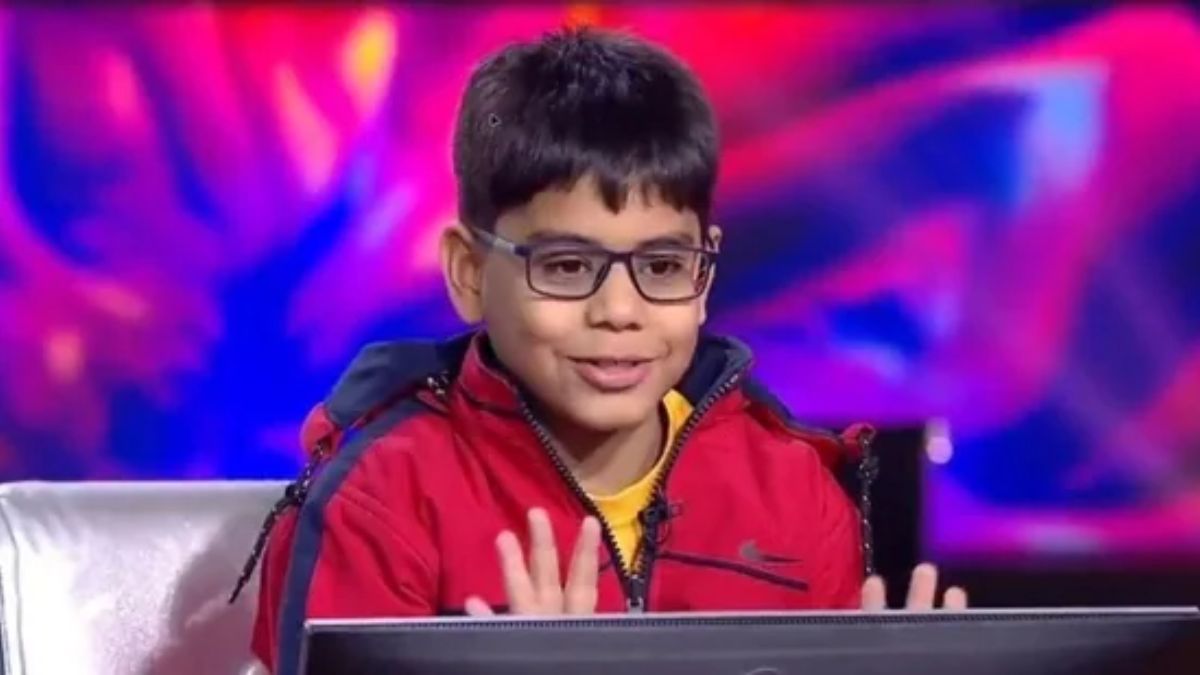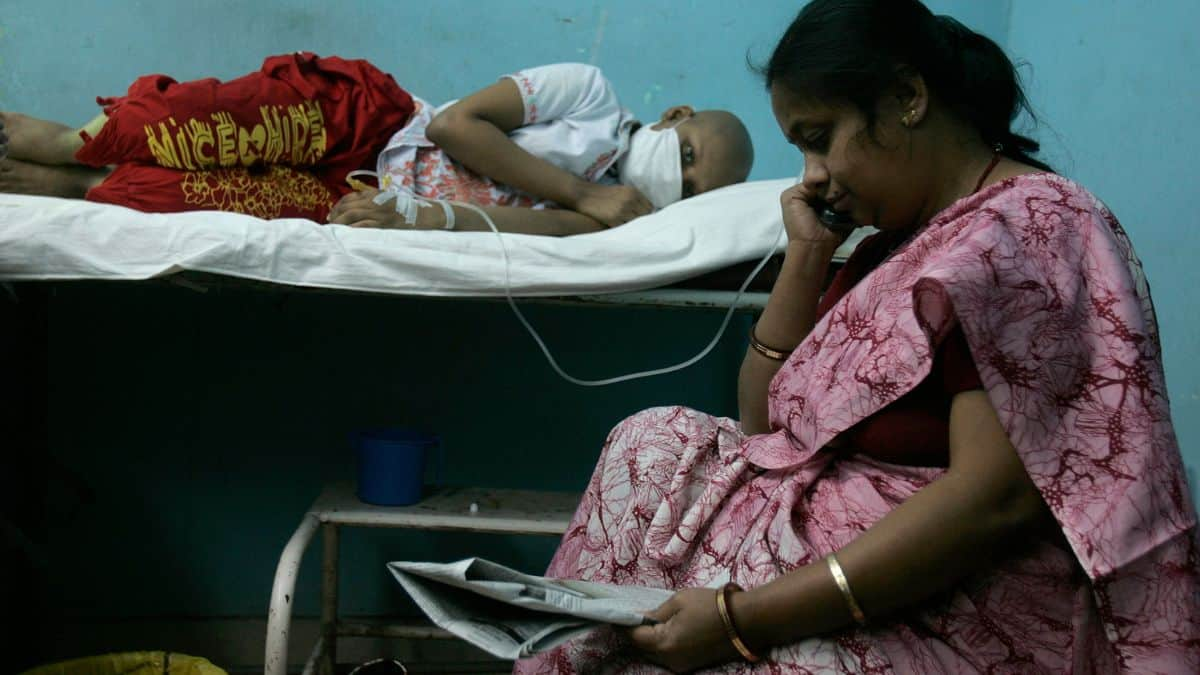“Overconfident”, “rude”, and “arrogant”.
That’s how the internet has described a 10-year-old contestant on Kaun Banega Crorepati 17, who has now become the internet’s “most hated kid” after his appearance on Amitabh Bachchan’s quiz show.
Ishit Bhatt, a fifth-grader from Gujarat, caught everyone’s attention with his confidence and sharp answers. But many viewers felt his tone was too snarky and disrespectful towards the veteran actor, calling him “too full of himself” for his age.
Irritating kid on KBC with satisfying End pic.twitter.com/SjjxEpxtJK
— The codewali (@the_codewala) October 13, 2025
Since then, Ishit has become a topic of dinner-table conversations across the country, with people praising Bachchan’s patience and wondering what led to the boy’s behaviour.
This has now sparked a wider debate online about something experts call the “six pocket syndrome”. Here’s what we know about it
What is six-pocket syndrome?
The “six pocket syndrome” is a term used in child psychology to describe kids who grow up getting everything they want, often without limits.
The phrase “six pockets” metaphorically represents the six sources of indulgence a child typically has, food, toys, attention, praise, gadgets, and affection, all flowing freely from the adults around them.
Dr Paramjeet Singh, Parenting Coach and Consultant Psychiatrist at Delhi’s PSRI Hospital, told NDTV that the term originally came from China, where the one-child policy meant each child had six adults, two parents and four grandparents, showering them with love, care, and material comforts. “They are the six pockets, pouring their all into one life, and the child becomes ‘the little emperor’,” he explained.
The pattern is similar in India today, especially in families with working parents and doting grandparents who tend to overcompensate with gifts and attention.
“The intent for this behaviour is love and care,” said Dr Zirak Marker, Chief Medical Advisor and Child, Adolescent, and Family Psychiatrist at Mpower. “But it may still teach the child to rely on a source of gratification, inhibit the ability to tolerate frustration, and delay the development of emotional regulation.”
Also read: Why are couples hiring ‘professional parents’ to raise their children in China?
What are the signs of six feet syndrome?
Children showing signs of six pocket syndrome often develop a distinct pattern of behaviour that sets them apart.
They may rely heavily on adults for even the smallest tasks, struggle to share or compromise, throw tantrums when things don’t go their way, and constantly seek attention or praise. Experts say these traits usually stem from overprotection and overindulgence, and not from the child’s natural temperament.
According to a report by The Indian Express, when such children are suddenly faced with real-world challenges, they often find themselves unable to cope. Used to constant validation and rewards, many experience frustration and even resentment towards their parents, blaming them for not preparing them for adulthood.
As they grow older, these children may struggle to form meaningful social connections. Some, burdened by anger or insecurity, can turn aggressive or even seek refuge in unhealthy habits like substance abuse.
Recognising these patterns early, experts suggest, is key, so parents can gently guide their children toward independence, resilience, and emotional balance.
Also read: Gentle Parenting is burning up TikTok. What is this style of parenting and why is it controversial?
What should parents do?
According to a Hindustan Times report quoting counselling psychologist Richa Aggarwal, consultant at Yatharth Hospital Model Town, New Delhi, it all begins with setting the right balance between love and limits.
She advises parents to set clear boundaries, whether it’s about screen time, pocket money, or indulgences, and stick to them consistently.
Children should also be given age-appropriate responsibilities, like helping with daily chores or managing simple tasks on their own, to build confidence and independence.
Encouraging social interaction is equally important. Spending time with peers and engaging in group activities helps children learn cooperation and empathy.
Dr Richa also suggests teaching money management early by involving children in small spending or saving decisions.
Parents themselves can model emotional regulation, showing their kids how to handle frustration or disappointment calmly.
And lastly, she says, always praise effort, not just achievement, acknowledge patience, persistence, and learning, rather than only celebrating results.
With input from agencies


)

)
)
)
)
)
)
)
)



